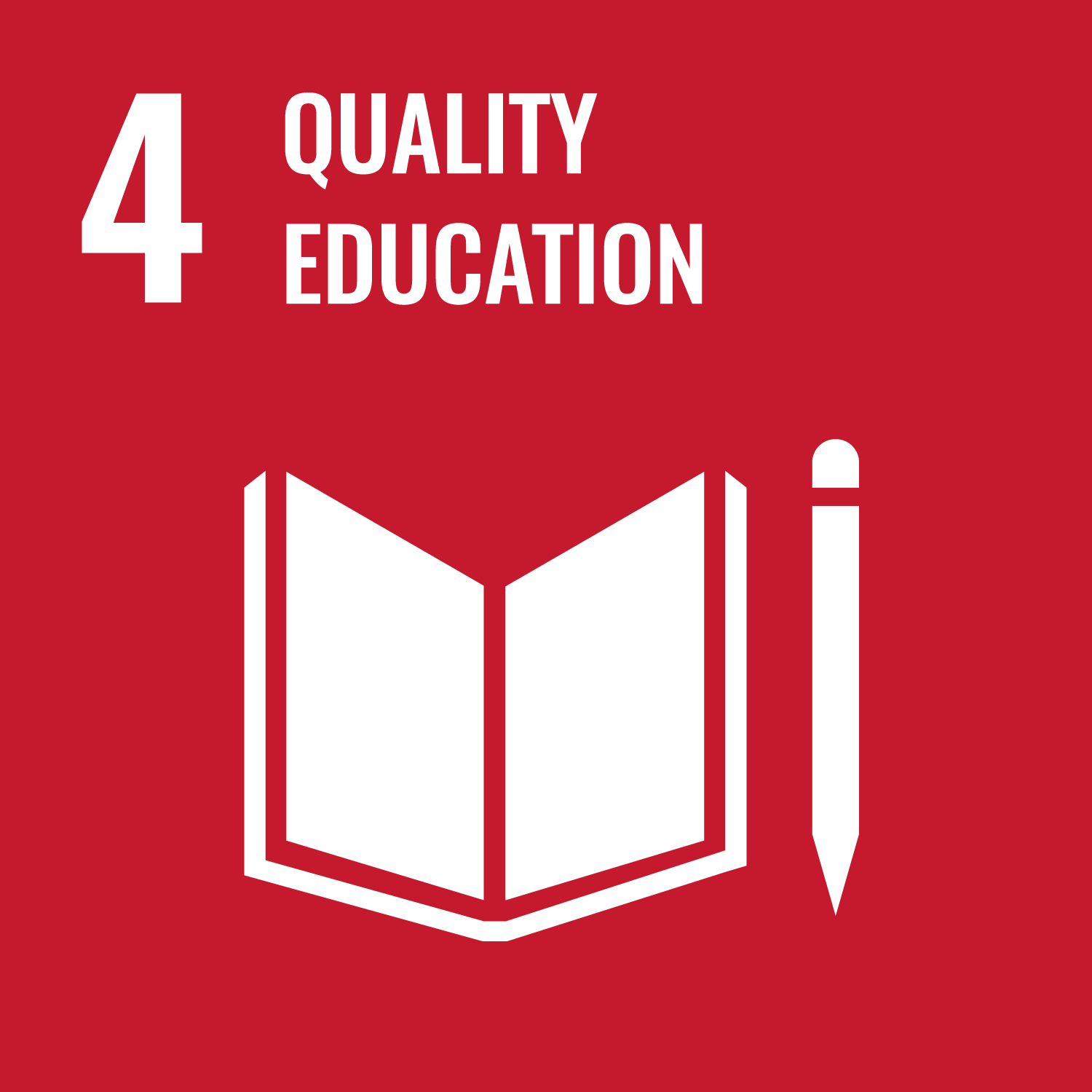SDG Detail
Bachelor of Teaching (Early Childhood Education)
Undergraduate programProject description
This degree qualifies graduates to teach children aged birth to five years in a broad range of prior to school settings. The program focusses on developing specialist knowledge of young children's learning and development and to plan, implement and evaluate curriculum and learning experiences in preschool, childcare and community programs. Students explore a range of philosophical, theoretical and practical aspects of learning and teaching which equips them with the professional capacity to respond to the complexity and diversity of children, families and communities in Australian society. A key component of this program is focussed on the development of leadership and advocacy skills with an emphasis on working collaboratively with families and communities to achieve the best learning outcomes for young children.
Project aims
?
Project outcome
1. Articulate and apply in-depth knowledge of education theory, content knowledge and curriculum approaches that result in best outcomes for children�s learning. 2. Critically reflect on and apply a range of evidenced based theories in child development, health and wellbeing, curriculum, pedagogy, leadership and management to understand children/students in the context of families, schools and communities. 3. Demonstrate authentic relationships with children age birth to five years and their families to support and guide children�s behavior and engagement in the education and care environment. 4. Design and implement learning experiences that meet curriculum, assessment and reporting requirements and use evaluation of children�s learning and development to reflect on the impact of teaching approaches. 5. Communicate effectively as ethical, reflective and informed teachers when working with colleagues, children, families, and other stakeholders. 6. Critically evaluate early childhood curricula documents and policies drawing on knowledge of educational research principles and methods. 7. Apply an understanding and respect for Aboriginal and Torres Strait Islander histories, cultures and languages in early childhood teaching to design, implement and differentiate teaching strategies that are responsive to the local community and cultural setting of Aboriginal and Torres Strait Islander children. 8. Design, implement and differentiate teaching strategies to be responsive to the learning strengths and needs of children with a range of abilities and from diverse linguistic, cultural, religious, socioeconomic and LGBTQI backgrounds. 9. Demonstrate an understanding of codes of ethics and conduct, initiative, accountability, professional judgment and autonomy when undertaking research, policy development and teaching practice. 10. Apply professional judgment in relation to the Australian regulatory requirements for early childhood and use the National Quality Framework as a tool for increasing the quality of education and care experiences for children from birth through to the transition to school. 11. Model leadership, management and advocacy skills and act as mentors to other early childhood educators based on knowledge of policy, pedagogy, practice and awareness of external professional associations and community network. 12. Work collaboratively and ethically with colleagues and demonstrate reflective professional practice, responding to feedback from peers, mentors, supervisors, children and families.
Related SDGs
The corresponding sustainable development goals correlated with this project. You you click the icon to link to SDG category description page.









